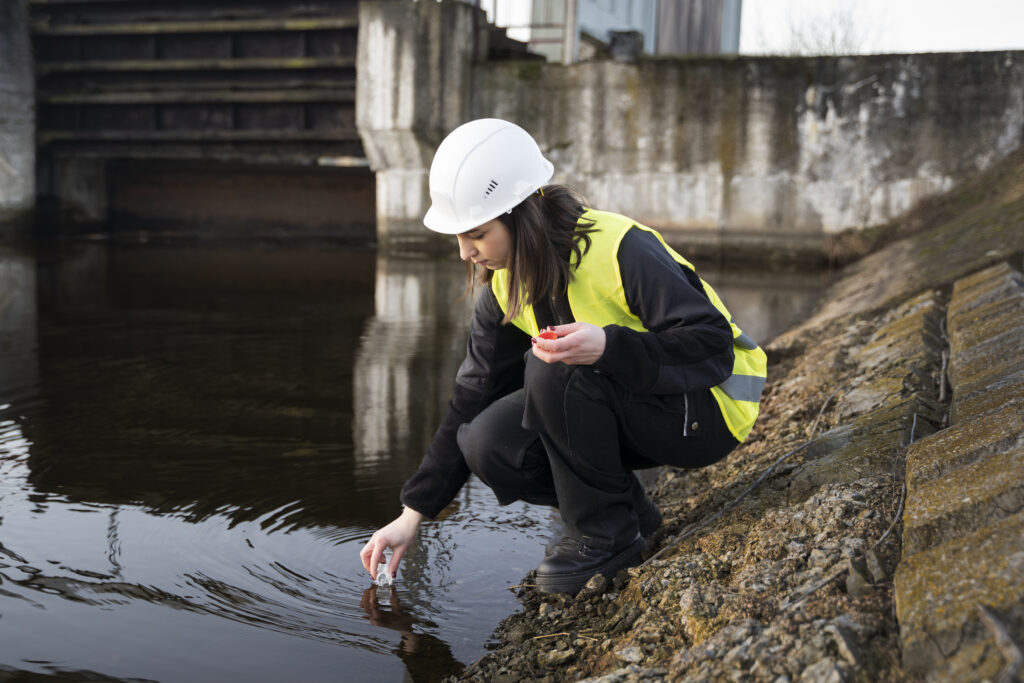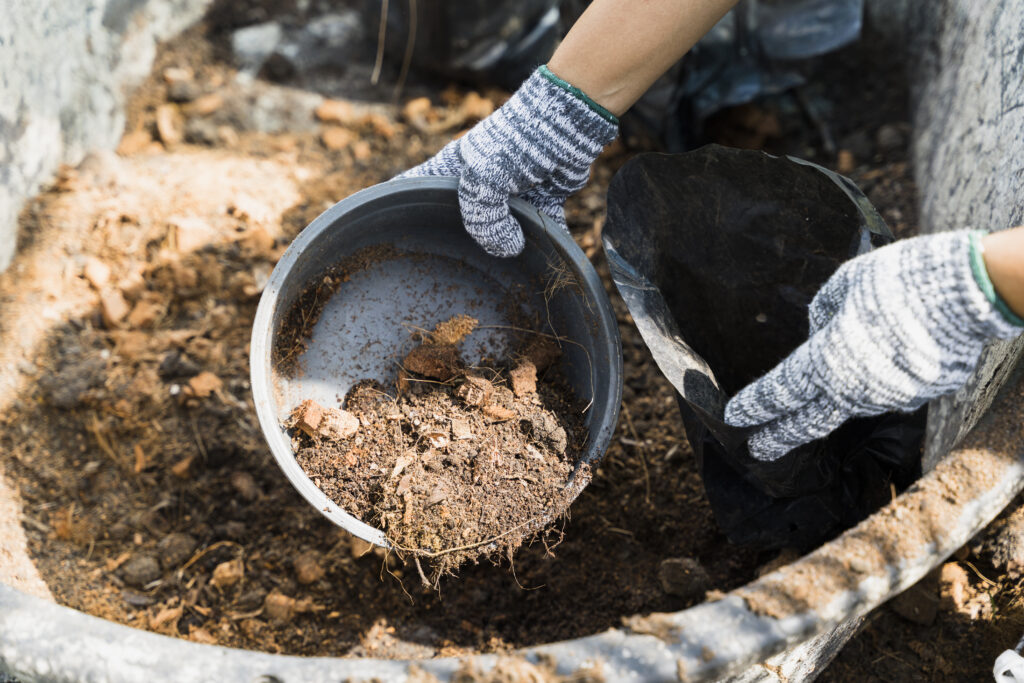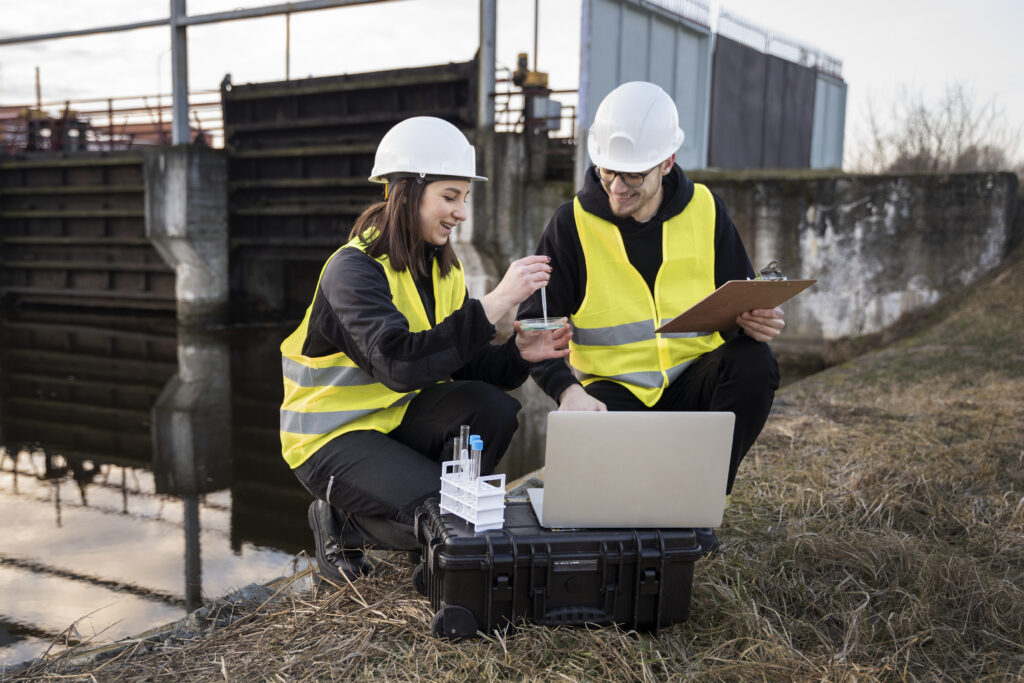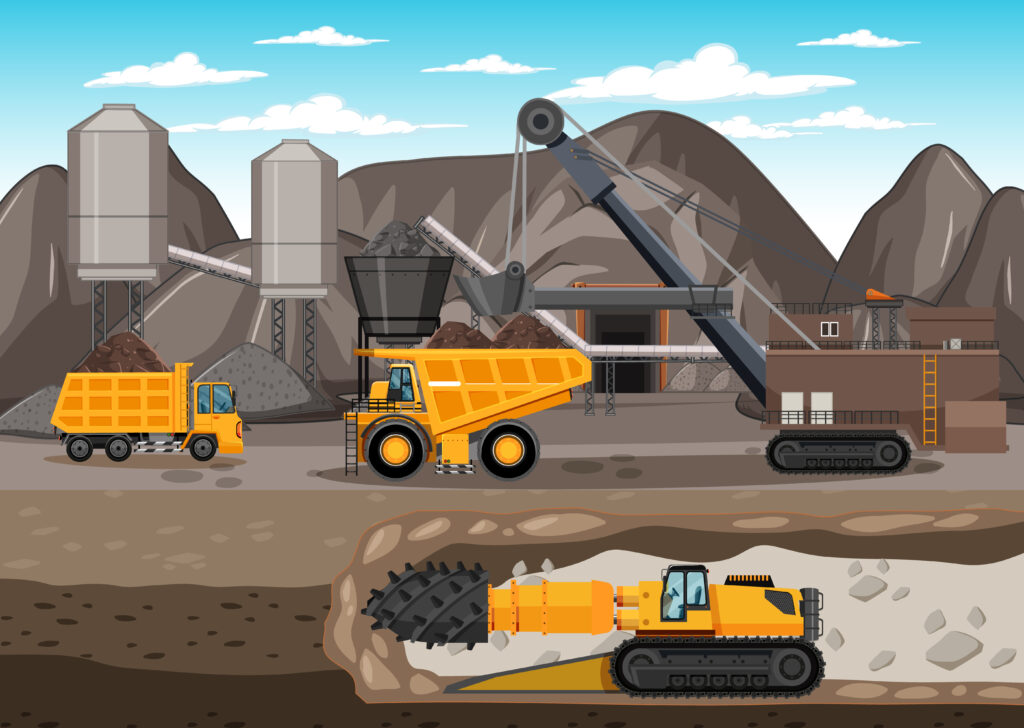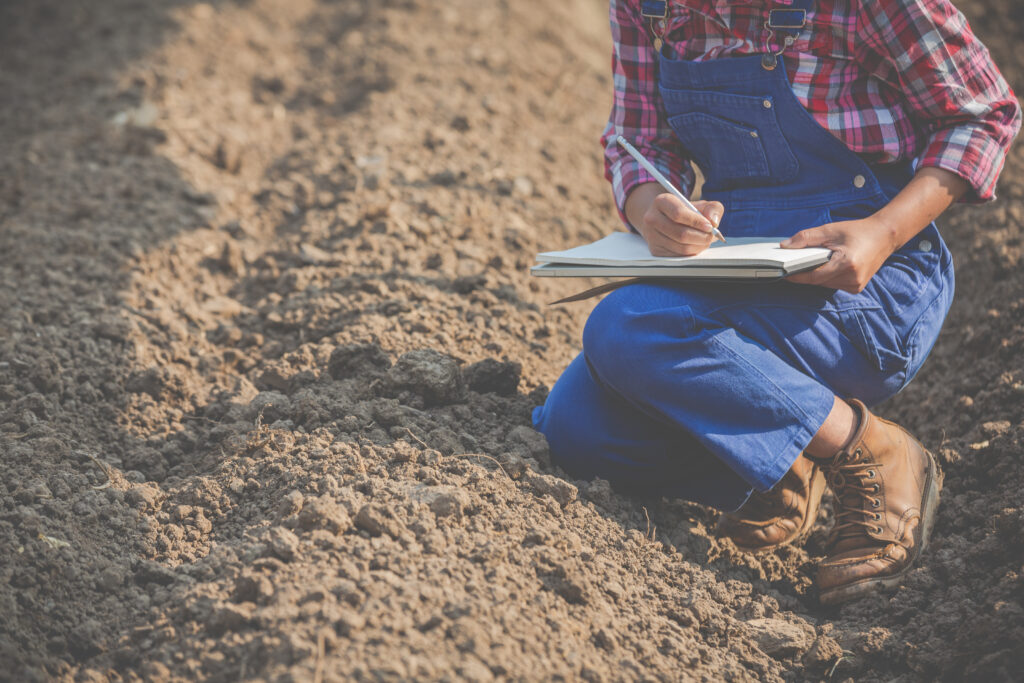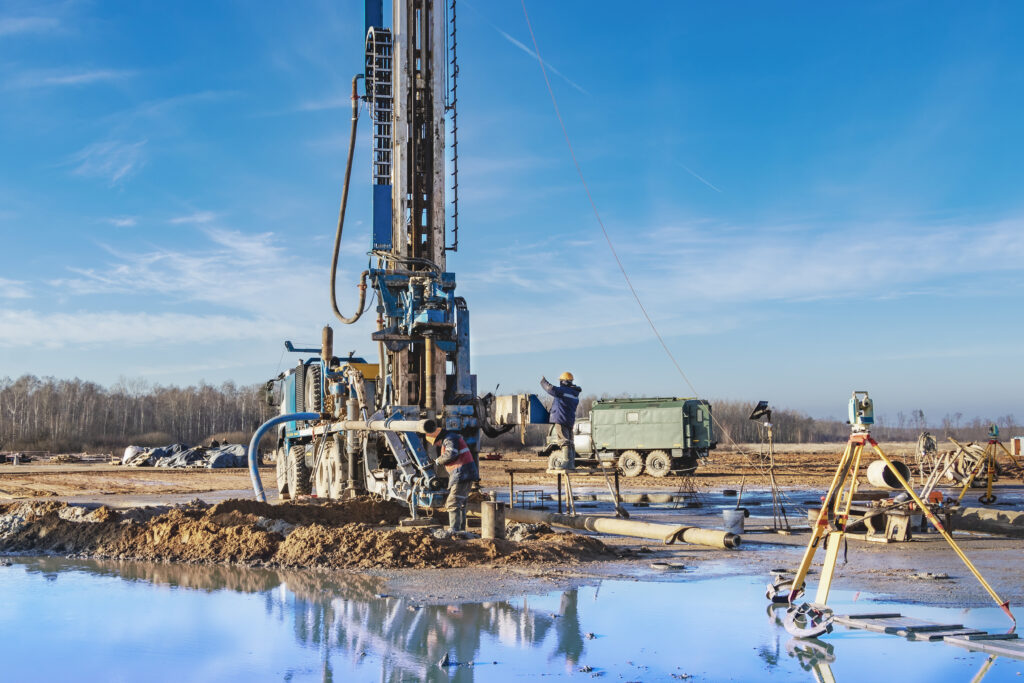NDTs for Structural Analysis | The Future of Reliable Soil and Structural Assessment
Before beginning any construction project, one crucial question every engineer and developer asks is: “Is the ground safe and strong enough to build on?” This is where Non-Destructive Testing (NDT) becomes invaluable. NDTs help engineers evaluate soil strength, foundation stability, and material integrity without damaging the structure or site; ensuring accurate, cost-effective, and reliable results. At AKM Geotechnical, we have got you covered in every aspect. If you wish to learn more about our soil testing services, click here. What Are NDTs? Non-Destructive Tests (NDTs) are advanced geotechnical techniques used to assess the physical and mechanical properties of soil, concrete,
Soil Thermal Resistivity Testing | Importance & Process
When it comes to underground power cables, pipelines, and telecommunication systems, the surrounding soil plays a crucial role in how effectively heat is dissipated. Soil thermal resistivity testing is a specialised geotechnical test that determines how well soil resists the flow of heat. This data is critical for engineers and utility providers to ensure system safety, performance, and cost efficiency. In this blog, we’ll explore what soil thermal resistivity testing is, why it’s important, the methods used, and how AKM Geotechnical delivers this service with precision and reliability. What is Soil Thermal Resistivity Testing? Soil thermal resistivity is the measure
The Role of Material Testing Services in Ensuring Structural Integrity
Did you know that 40% of construction failures worldwide are linked to poor material quality? This is where material testing plays a lifesaving role. In today’s construction and infrastructure landscape, precision and reliability are non-negotiable. Every project, from highways and bridges to commercial buildings, depends on the performance of its core materials. At AKM Geotechnical, we provide comprehensive material testing services designed to meet international standards and deliver accurate, reliable results for your projects. Looking for robust construction testing in Pakistan? Look no further because we have got you covered. AKM Geotechnical, is here to provide you with the best
Soil Investigation Services: Unveiling the Foundation of Successful Projects
When it comes to construction projects, the foundation is the backbone that ensures the stability and longevity of any structure. Before laying the groundwork for a successful project, it is essential to gain a comprehensive understanding of the soil and its properties. This is where soil investigation services come into play. AKM Geotechnical, a leading provider of geotechnical engineering services, offers top-notch soil investigation services that employ various methods to analyze soil conditions. In this blog post, we will delve into the importance of soil investigation, the different methods used, the steps involved in the process, the interpretation of soil
Mine Engineering: Unlocking Resources with Engineering Geology Services by AKM Geotechnical
Mining plays a crucial role in the global economy, providing essential raw materials for various industries. However, the successful extraction of mineral resources requires a comprehensive understanding of the geological conditions and engineering challenges associated with each mining project. AKM Geotechnical, a leading provider of engineering geology services, offers specialized expertise in mine engineering. In this article, we explore the importance of engineering geology in mining and how AKM Geotechnical’s services unlock the potential of mining operations. Engineering Geology in Mining Mining operations are often confronted with complex geological conditions that can pose significant challenges. Engineering geology focuses on studying
The Four Most Commonly Used Tests in Geotechnical Engineering
Geotechnical engineering is a field of civil engineering that deals with the behavior and properties of earth materials. Soil and rock are the primary materials in geotechnical engineering. In addition, the analysis and design of structures and foundations require accurate information about the properties of soil and rock. Geotechnical engineers use various tests to measure the properties of soil and rock. In this article, we will discuss four tests that are commonly used in geotechnical engineering: the Standard Penetration Test, Packer Test, Field Permeability Test, and Field Density Test. We will also discuss how AKM Geotechnical uses these tests to
Drilling and Boring Services Under Geotechnical Investigation
What is Drilling? Drilling is a process of creating a borehole or a well in the ground to access subsurface materials for geological, geotechnical, or environmental investigations. In geotechnical investigation, drilling is used to gather soil and rock samples, as well as to determine the physical properties of the soil or rock layers. Significance of Drilling in Geotechnical Engineering Drilling holds immense significance in geotechnical engineering, serving as a fundamental technique for subsurface exploration. Geotechnical engineers heavily rely on drilling to obtain crucial information about the soil and rock formations. By extracting samples from different depths, drilling enables accurate
Borehole Logging Unlocking the Subsurface Secrets with | AKM Geotechnical
When it comes to exploring the Earth’s subsurface, borehole logging and field logging play crucial roles in revealing valuable information. AKM Geotechnical, a leading provider of geotechnical services, harnesses the power of these techniques to offer comprehensive insights into the composition, properties, and conditions of the subsurface. In this blog post, we will delve into the world of borehole logging and field logging, and explore the specialized services provided by AKM Geotechnical in these areas. Significance of Borehole Logging in Geotechnical Engineering Borehole or field logging plays a pivotal role in geotechnical engineering. This technique allows geotechnical engineers to gather


